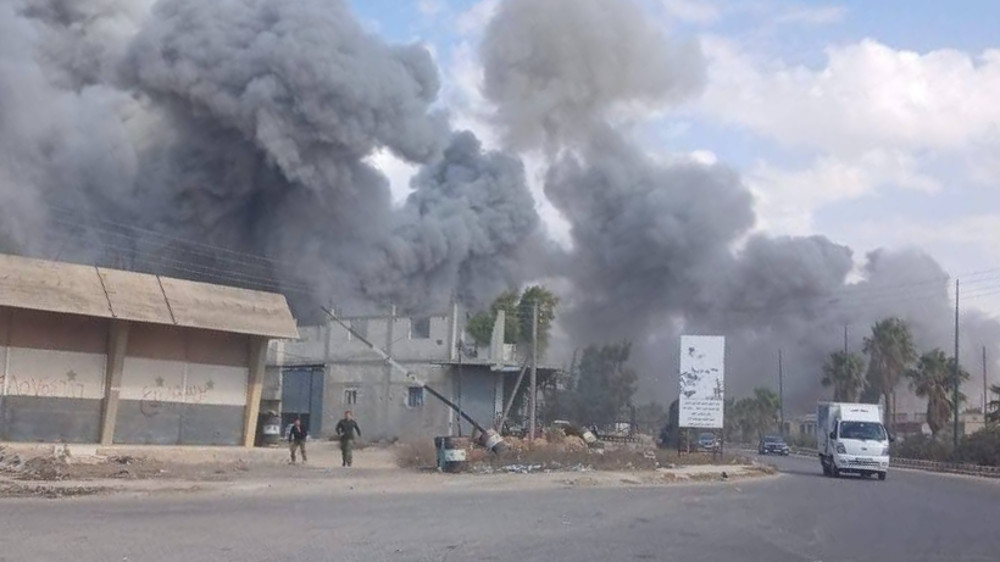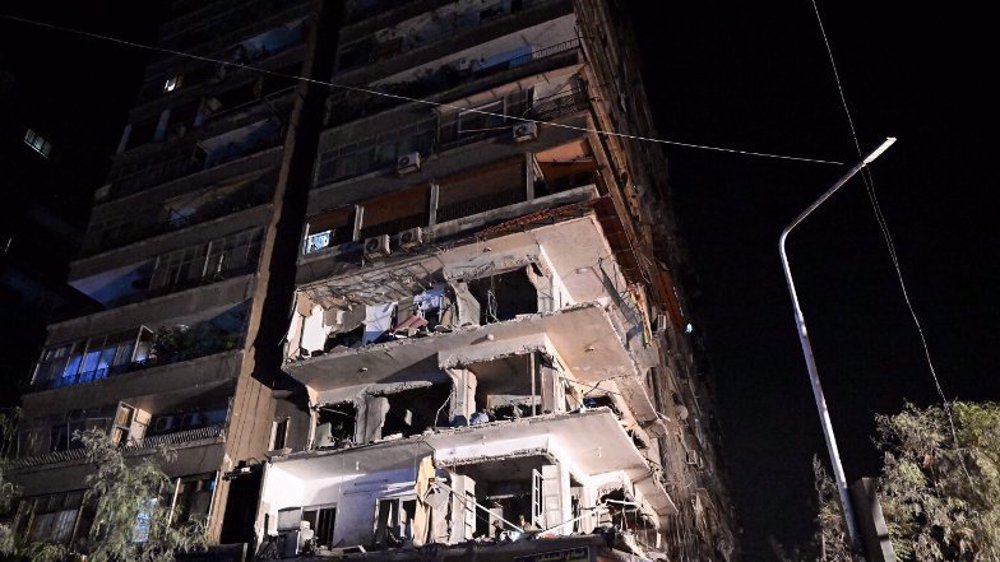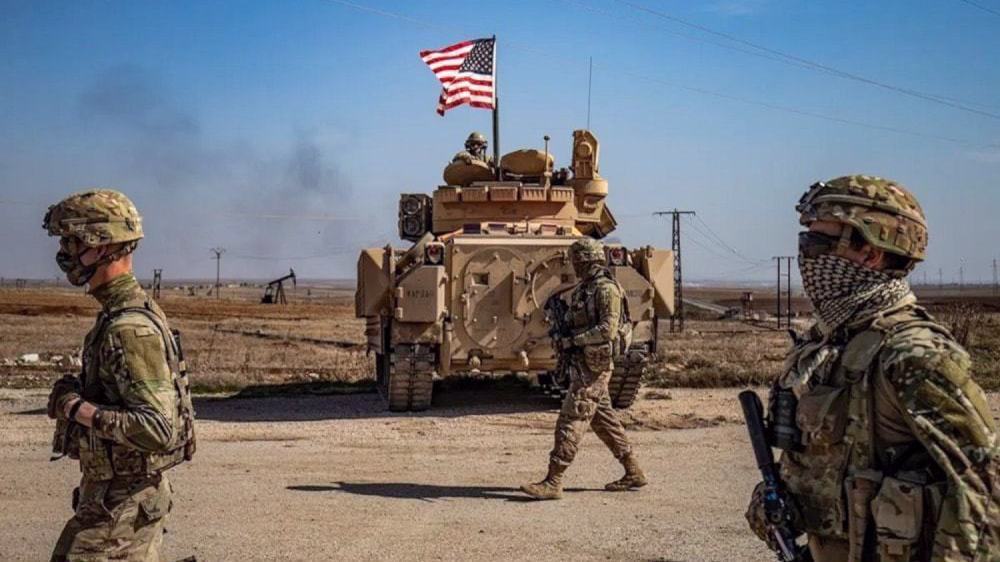Hundreds of Syrian 'White Helmets' leave for West: Jordan
Nearly 300 members of the US-backed White Helmets “aid group,” which stands accused of working with Takfiri terrorists and launching false-flag gas attacks in Syria, have now left for resettlement in Western countries.
The Jordanian Foreign Ministry said in a statement on Wednesday that about 300 Syrian “White Helmet” workers fled Syria for Jordan three months ago.
In July, the White Helmets, fleeing advancing Syrian government troops, slipped over the Israeli-occupied Golan Heights frontier and into Jordan with the help of Israeli soldiers and Western powers.
Israeli Prime Minister Benjamin Netanyahu said at the time he had helped the evacuation at the request of US President Donald Trump and other Western leaders.
Jordan had accepted them after getting guarantees that their stay would be temporary and they would be given asylum in Canada, Germany and Britain.
The White Helmets have operated in militant-held areas in recent years.
The Russian Defense Ministry said on October 10 that chlorine canisters had fallen in the hands of Daesh Takfiri terrorists after they attacked the headquarters of the White Helmets and al-Nusra Front militants in northern Syria.
Damascus says the so-called volunteer group staged the suspected chemical attack in the town of Douma in Syria's Eastern Ghouta on April 7. Syrian President Bashar al-Assad has also described the White Helmets as “a branch of the al-Qaeda and al-Nusra" militant groups and a “PR stunt” by the United States, Britain and France.
Syria has been gripped by foreign-backed militancy since March 2011. The Syrian government says the Israeli regime and its Western and regional allies are aiding Takfiri terrorist groups wreaking havoc in the country.
Syrian army troops, backed by allied fighters from popular defense groups, have recently made major territorial gains in battles against Daesh and other foreign-sponsored Takfiri terrorist groups, almost capturing the entire southern part of the country after securing the capital Damascus and other key areas.
The major militant stronghold remains in the northwestern province of Idlib, where government forces were preparing to launch a full-scale military operation.
The terrorists aimed to stage the chemical attacks and lay the blame on the Syrian government to provoke a western attack as the Assad government was planning to launch a full-scale offensive to retake the militant-held Idlib province.
The offensive, however, was called off after Russia and Turkey agreed to enforce a new demilitarized zone in Idlib from which "radical" rebels were required to withdraw by October 15.
Iranian diaspora in EU, UK deplore ban on national airline
VIDEO | Press TV's News Headlines
Israel’s military struggling with shortage of troops: Report
Iran calls for more efforts to establish peace in Gaza, Lebanon
Israel targets journalists in southern Lebanon to mask atrocities
Trump vs Harris: A choice between two deranged war hawks who cheer genocide in Gaza
Over 1,800 Palestinians killed in Israel’s month-long attacks in northern Gaza
UN official urges Egypt to seize Israel-bound arms ship MV Kathrin












 This makes it easy to access the Press TV website
This makes it easy to access the Press TV website